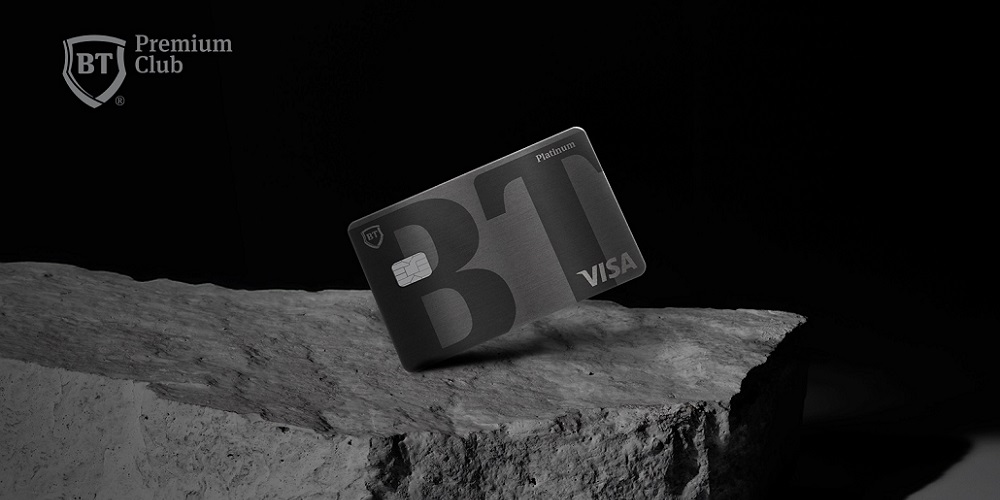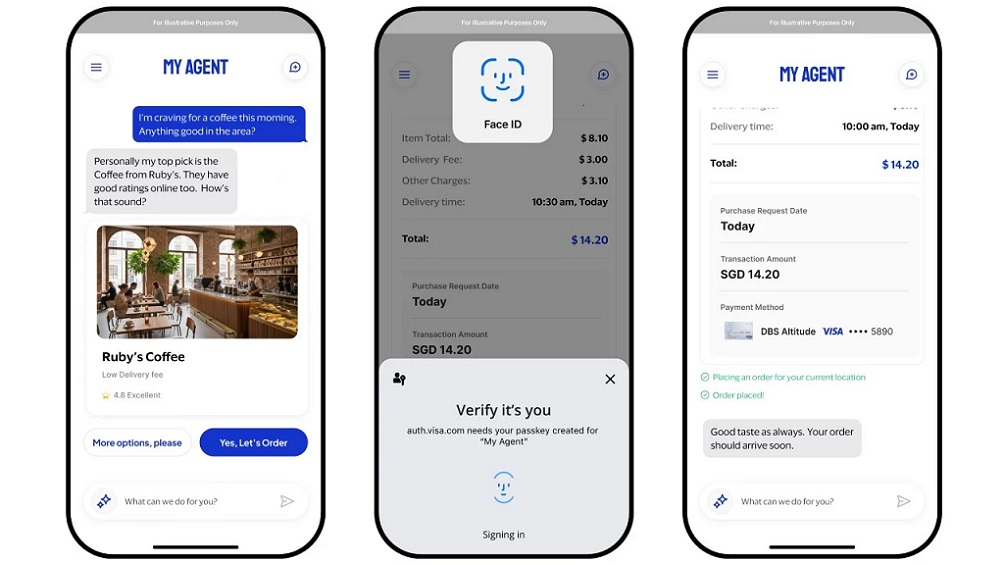Want to spend less at the supermarket? Put your phone away! Using a mobile phone on a trip to the supermarket pushes up shopping bills by more than 40%.

Each second people spend on their phone equates to an estimated extra 20-40p at the checkout, according to researchers from University of Bath. When shoppers use their mobiles to keep up with texts, social media or calls they move around the store at a slower pace, wander along more aisles, and come across extra products.
In the first of a two-part study the researchers found that people added 45% more products, and this rose to 58% in the second study.
The researchers say using a mobile distracts people from their planned shopping list, whether that’s an actual itemised list or their autopilot shop – where people take a routine path through the supermarket picking up favourite items.
More items end up in the trolley because exposure to a greater array of products jogs people’s memory about other things they have run out of at home; or because coming across and noticing new products inspires people to make extra purchases.
Even a small grocery store can stock 10,000 unique products, an impossible quantity for the human brain to process consciously. The researchers explain that one way our brains try to simplify this is to activate a kind of inner autopilot which acts as a shopping script to what we do and see in the store. When we use our phone we interrupt our autopilot and we move and behave very differently.
The study of Swedish supermarkets, published in the Journal of Marketing, is based on a data set of 294 shopping trips collected by consultancy firm Retail Academics, and a follow up experiment by the Bath researchers of 120 shoppers, which replicated the shopping with and without mobile phones.
Using eye tracker technology the research team from Stockholm School of Economics, Babson College and the University of Tennessee studied how people moved about the store, what they looked at, and what they bought.
Dr Carl-Philip Ahlbom, Prize Fellow at Bath’s School of Management, said: “Retailers have tended to worry that when shoppers use their mobiles it’s distracting them from spending money, so we were amazed to find completely the reverse effect. The findings were very clear: the more time you spend on your phone, the more money you’ll part with. So if you’re trying to budget, leave your phone in your pocket! It’s not the phone itself that causes more purchases, but its impact on our focus.
“On the plus side, it isn’t necessarily a bad thing for shoppers. Taking a slower and more scenic journey can remind you of products you’d forgotten you needed, and it can introduce you to items that might make for a more inspiring menu. Shoppers are very habitual creatures, most of us vary our purchases by less than 150 items a year, so maybe you can thank your mobile for freshening things up.”
“For retailers there’s a clear message here that they no longer need to fear mobile phone use in-store. In fact, making it easy for customers to use their mobiles, with good WiFi and enhancements like mobile phone docking stations on shopping trolleys, will more than pay off. The one exception is that using a mobile phone protects shoppers from temptation at the checkout. Here we found that people picked up fewer items than normal,” added Professor Jens Nordfält.”
The study was based in a supermarket setting but the researchers anticipate that the findings would hold out in other sectors, such as fast fashion, where shoppers are buying items with a low or moderate cost.
Dariusz Mazurkiewicz – CEO at BLIK Polish Payment Standard
Banking 4.0 – „how was the experience for you”
„To be honest I think that Sinaia, your conference, is much better then Davos.”
Many more interesting quotes in the video below:









